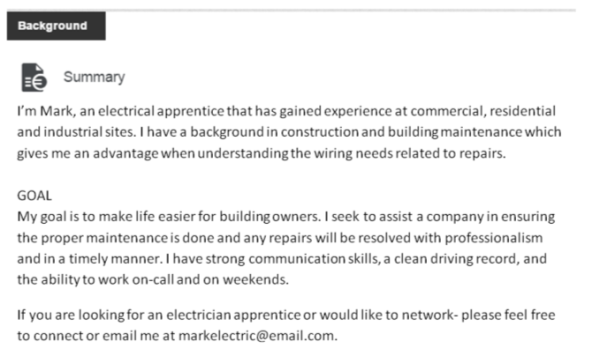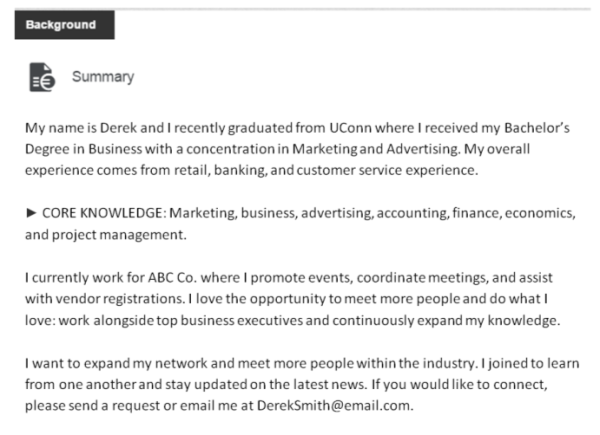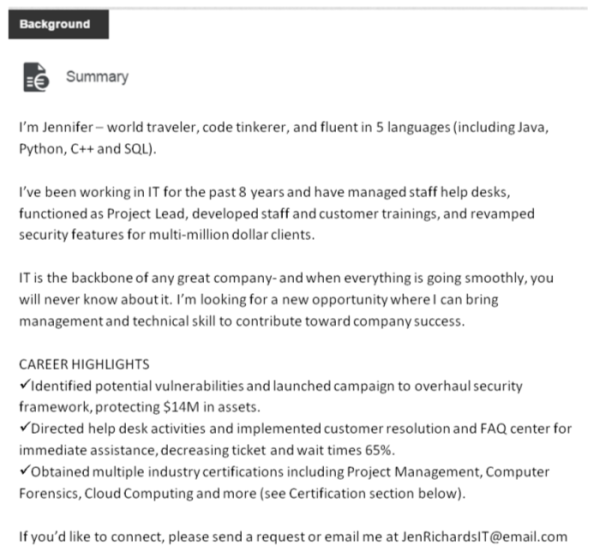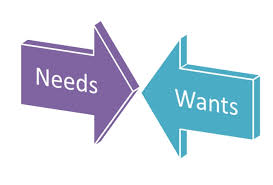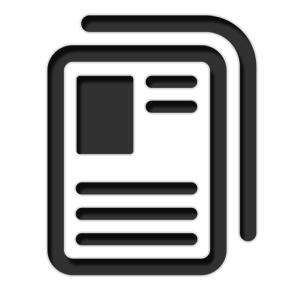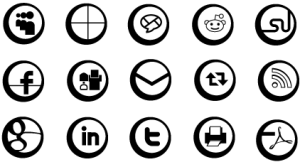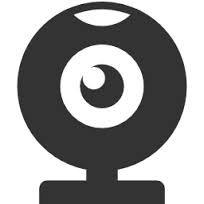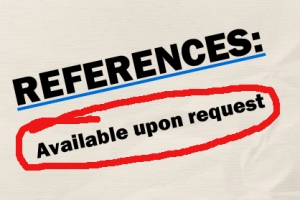By George Bernocco, CPRW

When looking for work on the internet, a lot of the same sites come up. LinkedIn, for example, is one site people tie social networking with job search. Facebook, however, is more tied to losing jobs. My argument in this post is that you can use any and all social media sites to help you find a job. In this article, I will break down the pros and cons for all the major social media sites to help you get a job (or even keep a job). Lastly, I also will discuss showing personality on your social media profiles.

DISCLAIMER BEFORE WE GET STARTED: I contemplated adding this section to every single cons section below, but I figure I’d rather not repeat it over and over again:

All these sites are powerful ways to connect, but you always have to be aware of what you post. Images, videos, tweets, status updates or personal information can be shared with everyone. With that, job offers can be retracted, you can be terminated from a job and some people have even faced legal consequences for what they’ve said on these sites.
Yes, these sites all have privacy settings that sometimes are difficult to navigate and correctly manage. Your best bet is to just be aware of what you say and do on the internet, and remember that the delete button doesn’t necessarily mean it’s gone for good. Internet sites keep records (caches) of themselves which may have something you thought you deleted. Also with online websites there is always the potential of scams. Always be aware of anyone asking for your personal information over the internet.
-

Pros: LinkedIn a website that comes up on our blog a lot. More and more employers, job seekers, network contacts are joining this social networking website. Whether you want to connect with former employees, follow your favorite company, apply for jobs, build your interactive resume (profile) or join groups related to what you do, this website is for you. By creating a profile, you’ve notified employers that you have computer skills beyond e-mail and that you have social networking skills, something that has been building and building since the internet began. A lot of jobs allow you to fill out their online application using your LinkedIn profile to show you how advanced and almost required it has become. This website is also great to network! (surprise surprise for a social networking site). Get in contact with people to help you find a job, including career advice people such as myself.
Cons: LinkedIn doesn’t have many cons, and it has changed vastly throughout the years. LinkedIn does expect you to know what career you want (what industry you’re in) and does not allow you to select multiple categories. It is strongly advised that you know where you want to go career-wise and build your profile based upon that.
-

Pros: Hello Tweeters! Twitter has to be one of the most explosively popular sites out there because of the relatively short period of time it’s been around (since 2006). And with that popularity comes people to network and companies to follow. A lot of companies have accounts on Twitter and sometimes they may even have a separate account just to tweet jobs to followers. Twitter is a public forum, which even allows you to directly talk to company’s (or at least the person/people managing their social networking account). You can also question or comment to career experts for advice to help you with your job search. Bottom line is that Twitter can help promote your product and brand to make you stand out and be found by employers.
Cons: Twitter is a great site but there are some setbacks that can hinder your job search. The only thing someone needs to create an account is an e-mail address. Because of this, false accounts (sometimes called troll accounts) are created. Some accounts are verified (usually happens with celebrities or major corporations) and you’ll see a blue check mark that shows someone verified that this account is tied to who or what they represent. Other than that it may be difficult to determine if a person and/or a job posting are real (same problem with craigslist jobs).
-

Pros: The most popular networking site has a bad reputation when it comes to jobs. Facebook has tons of potential connections on one site to network with. This can help you easily find a job if you use it correctly. After all, networking has been the best way to find a job even before computers existed. Websites like Facebook let you connect with people, maybe former coworkers or friends of friends, to see if they know of any job postings, help with cover letters/resumes, or creating/joining career-related groups. Posting information related to your career can help you stand out amongst your friends and they can assist you with finding a job. Also a lot of companies have Facebook pages which you can follow and interact with them to assist you in job search.
Cons: Its worthwhile mentioning the disclaimer from above again because of the bad reputation Facebook has received regarding people LOSING a job offer or a job because of Facebook. Be careful of what you post and what other people post about you. Be careful who you’re friends with and who can see your profile. Even simple things like your birthday can possibly alter you opportunities for a job. It’s worthwhile digging into your privacy settings on a regular basis. Remember that no employer wants to see that embarrassing Christmas photo from last year.
-

Pros: A visually stimulating site, Pinterest comes to mind for a lot of artists and visually creative fields. With this site, it can be geared towards job search and developing your brand. By managing images (and videos) related to your field, you can network with other people and use your Board to demonstrate knowledge of your field or create a portfolio for employers to review your work. An example for me, as a resume writer, would be to save images of resumes I’ve assisted with (minus the contact information, etc) to demonstrate my work as a living Portfolio.
Cons: Pinterest may not apply to everyone’s field because it relies heavily on visual media, and this problem can come up with a few other social media sites (i.e. Instagram, Vine). Employers do like someone who is creative so if you can manage to use this site to your advantage you would really stand out.
-

Pros: Google+ can be mentioned in the same context as Facebook when we are talking about job search. Although only having less than a quarter as many users as Facebook, you can connect with people you’ve worked with, as well as others, to assist you finding a job. Google+ has your “circles” which you can create an organized group of network contacts. Circles allow you to share content to only specific groups of people, which helps maintain your privacy. Also you can follow companies and join communities related to your field allowing you to network with other people. Google+ lets you connect by adding someone to a circle of choice, without the person necessarily having to reciprocate the offer (this is more like Twitter than Facebook). Google+ also allows for free video conferencing in their “Hangouts” section which can be useful to practice teleconference interviews and share documents with people and employers.
Cons: Google+ has a following of people who use it and it is listed as the second largest social networking site after Facebook. However there are reports that people who are subscribed to it do not use it as often which may be difficult to use for networking. There are some career pages for companies on Google+, but not as many as Facebook, LinkedIn or Twitter. However, Google+ is becoming a strong contender amongst social networks, and a job seeker should keep an eye out at how it can help you find a career.
-

Pros: A video sharing site, YouTube lets you upload videos to their site for others to view. Besides being in the artistic fields such as being a Director, YouTube can help you obtain a job by means of informational videos from job services professionals, or recording a “video resume” for employers to see. Employers also have accounts on YouTube which allows you to connect with them. You can also use videos on YouTube to demonstrate your knowledge, skills and abilities about a subject related to your field to build your portfolio. You can conduct seminars and informational videos to share with employers and your network. You can also do research about company’s and job hiring.
Cons: YouTube has a wealth of information and comes from a variety of different sources. You may find yourself overwhelmed with the amount of videos there are. People use YouTube for fun as well as seriously. You may have to sort out the videos you don’t need to find the ones you do.
-
-
-



Pros: I incorporated some of the top blogging sites together to express how great blogging can be. Most people know of blogging as a diary or a journal of sorts. As you are reading this on a blog, you can see how it can be used to help you find a career. Not only can you find career advice, but you can develop and create your brand with your own blog. By demonstrating knowledge of your career through a blog, you can show employers that you are active. It also showcases your writing ability which is very important for any career that requires you to write regularly. By following blogs related to your field you can also network, comment and communicate with others in your field to help land you a job.
Cons: Having a website that allows you to speak your mind can be dangerous. While reminding you of the disclaimer above, by having a blog you may get users commenting on your blog with unwanted remarks. Also, scammers and “troll accounts” can advertise their products on your page. You may have to restrict privacy settings and require approval before someone posts something on your page.
-

Pros: A visual social networking tool, Instagram can be used just like Pinterest as a visual portfolio to show off your creativity and work. I would say that Instagram would truly benefit those who work is really based upon visual art because it also adds the means of filters and image alteration. Instagram really demonstrates your ability for photography. Companies do have accounts on Instagram (i.e. Starbucks, IBM, Disney) so you can follow them and communicate with them. Having an Instagram account geared towards employment would have images related to your work to help build your online brand.
Cons: I debated about adding Instagram to this list because it really is based entirely upon photos and videos….but it has sharply increased in popularity. Major companies do have accounts on there just to keep up with social media trends and to market their products to users. Instagram really was designed to have fun with photos (and videos), so you’d have to be creative to think of ways it may help you land a job.
As you can see you can use your profile accounts for these sites to help land you a job. It is ok to demonstrate in your profiles for these websites your personality. For example, if on your Pinterest board you have ideas for decorations for your house don’t feel the need to delete it just because you want your board to be more professionally oriented. Same goes if you are a sports fan and you use Twitter to talk about games. If you’d rather not use your Facebook account (or any of the other accounts listed above) towards obtaining employment, just make sure you adjust your privacy settings.




